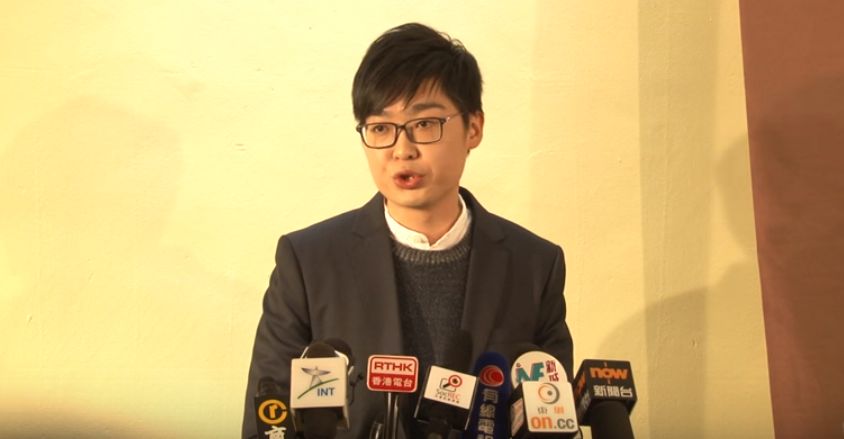Talk of independence for Hong Kong could bring forward legislation to enact Article 23, the security law targeting subversion and sedition which was abandoned in the face of mass opposition in 2003, University of Hong Kong law Professor Eric Cheung Tat-ming said on Thursday. He added that he was worried that such discussions could touch a nerve in the central government.
Regarding the newly-established, pro-independence Hong Kong National Party, Cheung said that their stance may not conform to the Constitution of China and the Basic Law, but the suggestion that it severely endangers the country is an exaggeration, according to a report by RTHK. Cheung said: “It’s the same as you suggesting that ‘defeat the Communist Party’ is against the Constitution of China, but this does not mean that people who voiced this kind of opinion have broken the law. The Basic Law and Bill of Rights protect freedom of speech.”

Earlier, the Hong Kong and Macau Affairs Office of the State Council said that the establishment of the National Party violates the country’s constitution and the Basic Law, and is a threat to national security.
Pro-establishment District Councillor and solicitor Maggie Chan Man-ki also suggested that advocating independence for Hong Kong is illegal.
The Hong Kong National Party announced its establishment on Sunday, and said that they were denied registration at the Companies Registry. “They said we could not register because of political reasons,” said party convenor Chan Ho-tin.

With the party not being a “society” or a “company”, those advocating for independence could be charged with violation of the Societies Ordinance, Cheung told Apple Daily.
However, Cheung said that a lot of concern groups and alliances are also not registered. “The government cannot enforce the law selectively.”
